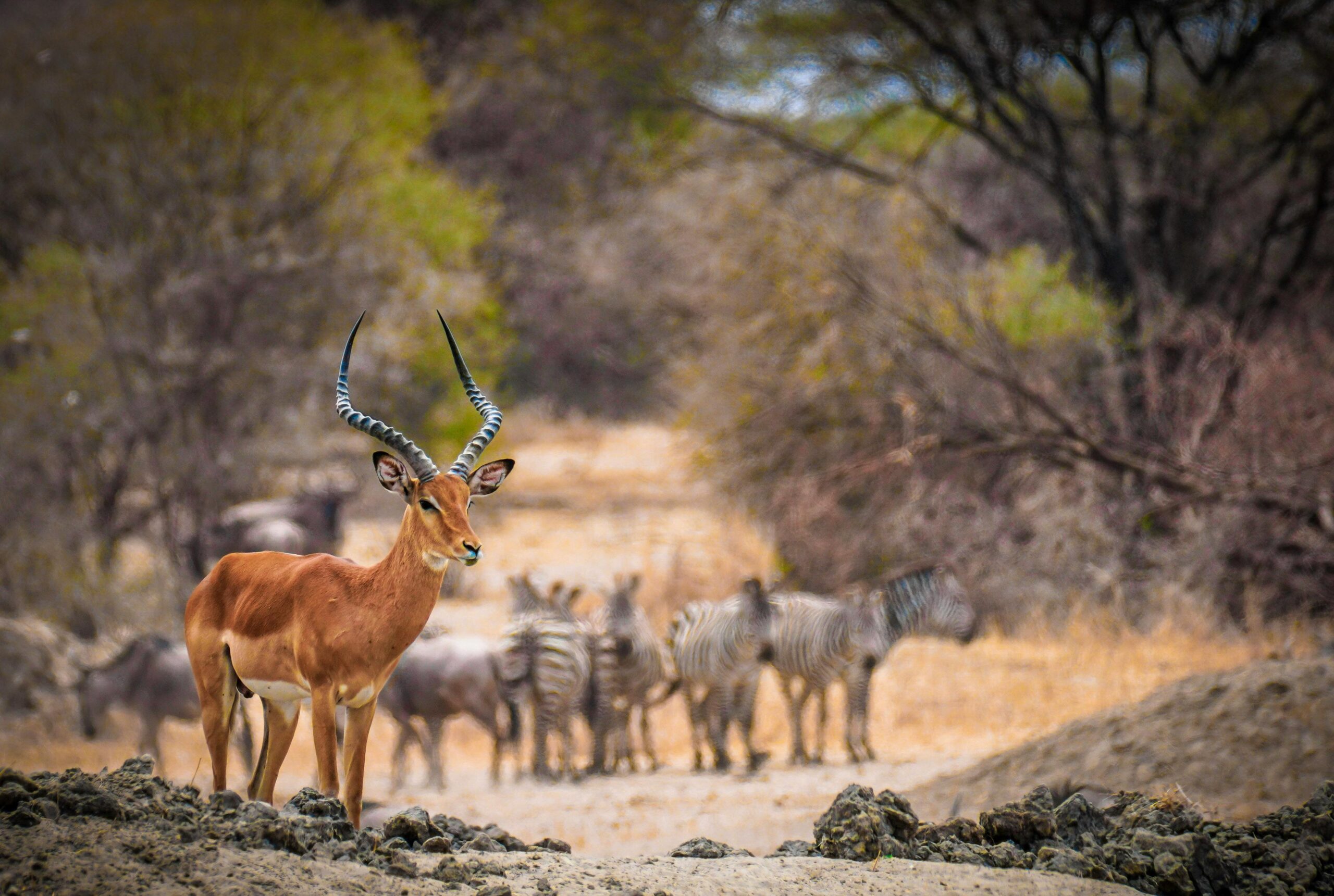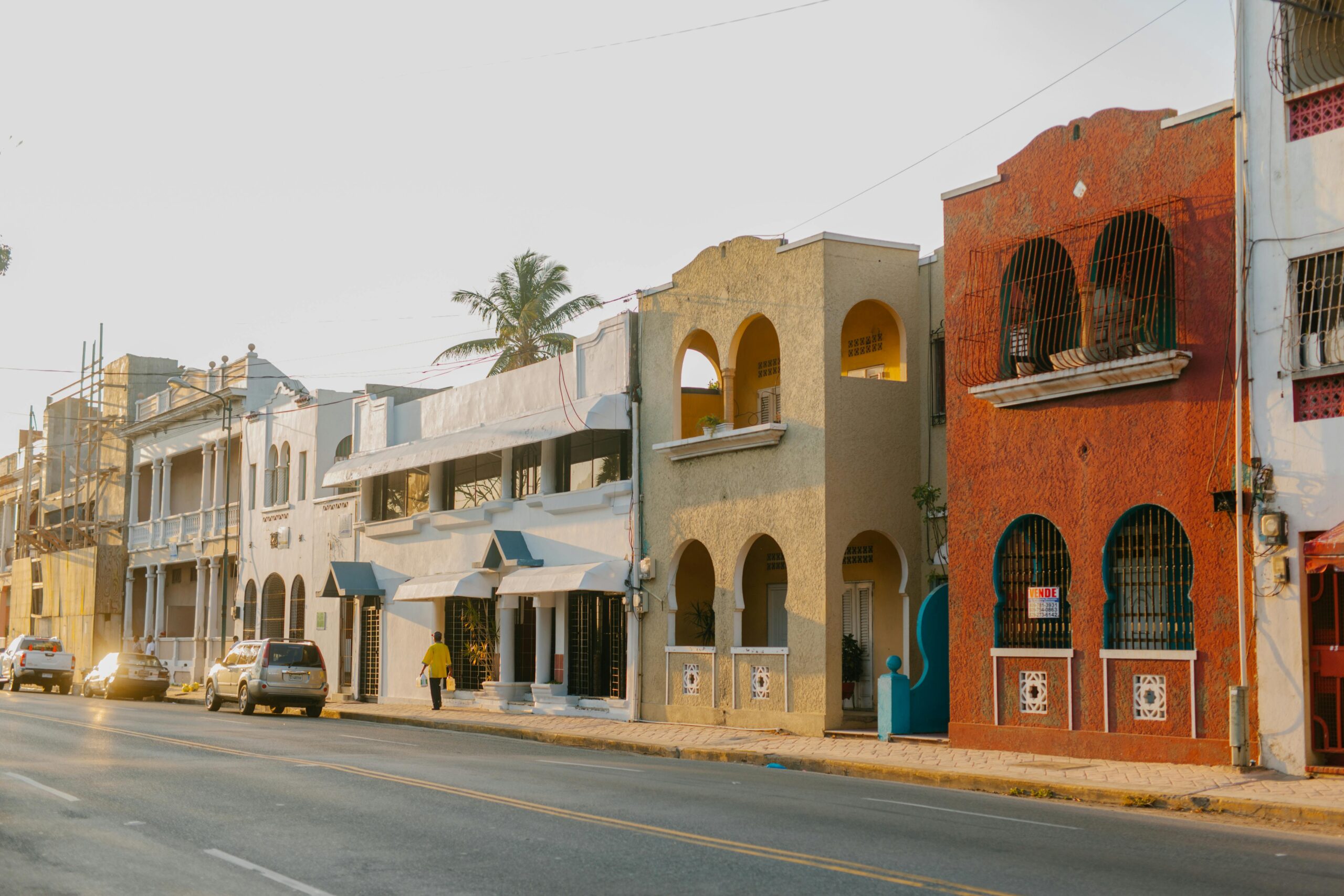Exploring South Africa’s National Parks: A Guide to the Nation’s Natural Wonders
South Africa is home to some of the most iconic and diverse national parks in the world. From vast savannahs teeming with wildlife to lush forests and dramatic coastal landscapes, the country’s national parks are natural treasures that offer visitors a chance to experience its unique biodiversity and rich ecosystems. Whether you’re a wildlife enthusiast, an adventure seeker, or simply looking to immerse yourself in nature, South Africa’s national parks provide a range of unforgettable experiences.
In this guide, we’ll explore some of the best national parks in South Africa, their unique features, and the incredible wildlife and outdoor adventures they offer.
1. Kruger National Park: Africa’s Iconic Wildlife Safari Destination
Kruger National Park is undoubtedly South Africa’s most famous national park, attracting millions of visitors each year. Spanning nearly 20,000 square kilometers, it offers one of the best safari experiences in Africa. The park is home to the “Big Five” (lion, leopard, elephant, buffalo, and rhino) as well as hundreds of other species, making it a prime destination for wildlife enthusiasts.
Key Features:
- Wildlife Viewing: Kruger offers year-round opportunities to spot a wide range of animals, including elephants, lions, giraffes, hippos, and over 500 bird species.
- Safari Lodges and Camps: The park features a variety of accommodations, from luxury lodges to affordable campsites, allowing for an immersive experience in the African wilderness.
- Conservation Efforts: Kruger National Park is committed to preserving its natural environment through ongoing wildlife protection programs and sustainable tourism practices.
2. Table Mountain National Park: Scenic Beauty and Biodiversity
Located in Cape Town, Table Mountain National Park is one of South Africa’s most iconic landmarks. Known for its breathtaking views of the city, ocean, and surrounding landscapes, this park is rich in biodiversity, with thousands of plant species, endemic animals, and a variety of hiking trails.
Key Features:
- Table Mountain: The park’s centerpiece is the famous flat-topped Table Mountain, which offers panoramic views of Cape Town, Robben Island, and the Cape Peninsula.
- Flora and Fauna: Home to the unique fynbos vegetation of the Cape Floral Kingdom, Table Mountain National Park is a biodiversity hotspot, with rare plant species and wildlife such as baboons, otters, and over 200 bird species.
- Activities: Visitors can enjoy hiking, cable car rides to the summit, and scenic drives along the Cape Peninsula.
3. Addo Elephant Park: A Sanctuary for Endangered Species
Addo Elephant National Park, located near Port Elizabeth, is a must-visit destination for animal lovers, particularly those passionate about elephants. The park is home to over 600 elephants, making it one of the largest elephant populations in South Africa.
Key Features:
- Elephant Viewing: Addo offers exceptional elephant sightings, particularly during the dry season when elephants gather around the park’s watering holes.
- Other Wildlife: In addition to elephants, the park is also home to lions, buffalo, rhinos, and antelope, as well as various bird species.
- Conservation and Education: Addo plays a vital role in elephant conservation and runs educational programs to promote awareness of the park’s endangered species.
4. Tsitsikamma National Park: Coastal Beauty and Adventure
Situated along the southern coast of South Africa, Tsitsikamma National Park is renowned for its dramatic coastal cliffs, ancient forests, and crystal-clear rivers. This park offers visitors a combination of natural beauty and adventure activities, including hiking, canoeing, and bungee jumping.
Key Features:
- Storms River Mouth: The park’s Storms River Mouth is a popular spot for kayaking, rafting, and walking along the cliffs with stunning views of the Indian Ocean.
- Diverse Ecosystems: Tsitsikamma is home to a variety of ecosystems, from dense forests to marine life in the surrounding ocean.
- Adventure Tourism: For thrill-seekers, Tsitsikamma offers the famous Bloukrans Bridge, the world’s highest commercially operated bungee jump.
5. Pilanesberg National Park: A Malaria-Free Safari Destination
Located in the North West Province, Pilanesberg National Park is a malaria-free zone, making it an ideal destination for families or those who wish to enjoy a safari without the risk of malaria. The park is set in an ancient volcanic crater, providing stunning landscapes and incredible wildlife viewing opportunities.
Key Features:
- Big Five Sightings: Pilanesberg is home to the Big Five and a variety of other species, including cheetahs, zebras, and giraffes.
- Scenic Drives and Safaris: Visitors can enjoy self-drive safaris or guided tours, exploring the park’s diverse landscapes, from open grasslands to rocky hills and dense bush.
- Malaria-Free: Being a malaria-free park, Pilanesberg is ideal for families and those new to safari travel.
6. Kruger to Canyons Biosphere: A UNESCO World Heritage Site
The Kruger to Canyons Biosphere is a UNESCO World Heritage Site that spans multiple reserves, national parks, and protected areas, showcasing the stunning natural beauty of the Drakensberg Mountains and the Lowveld region.
Key Features:
- Diverse Landscapes: The biosphere is a diverse ecosystem, with lush rainforests, rugged mountains, and expansive grasslands.
- Conservation and Research: The region supports significant conservation efforts, including habitat restoration and wildlife protection initiatives.
- Hiking and Exploration: Visitors can enjoy hiking trails, birdwatching, and exploring the breathtaking Blyde River Canyon, the third-largest canyon in the world.
7. Kruger National Park vs. Private Game Reserves: Which is Better?
While Kruger National Park is the flagship of South Africa’s national parks, many private game reserves offer a more exclusive and luxurious safari experience. In this section, we’ll compare the two options, looking at factors such as cost, exclusivity, and the types of safari experiences on offer.
Conclusion: Why Visit South Africa’s National Parks?
South Africa’s national parks are more than just stunning landscapes – they are places of rich biodiversity, essential conservation work, and unique cultural heritage. Whether you’re exploring the iconic Kruger National Park or enjoying the coastal beauty of Tsitsikamma, these parks offer unforgettable experiences for nature lovers and adventurers alike.
By visiting South Africa’s national parks, travelers not only have the opportunity to witness incredible wildlife but also contribute to the preservation of the country’s natural wonders. Whether you’re seeking a thrilling safari or a tranquil nature escape, South Africa’s national parks offer something for every traveler.
Read more

